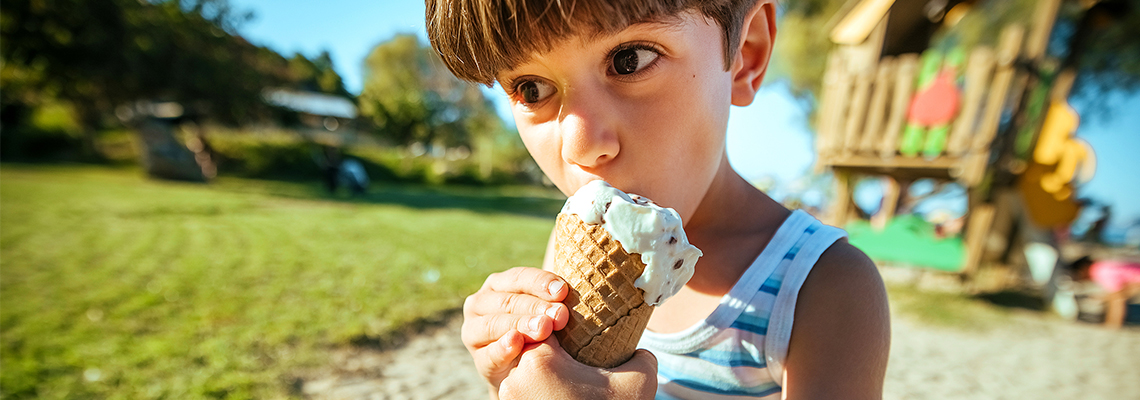
When temperatures go up, so can tempers—especially in kids. If your child seems extra cranky and active during a heat wave, it’s not just about a melted popsicle or too much sun. Heatwaves can significantly impact children’s mental health, changing their mood, sleep, and behaviors.
As their bodies work harder to stay cool, kids may become more moody, anxious, or even aggressive. It’s not always easy for them to tell why. As a pediatric psychologist working with children year-round in a warm climate, I’ve seen how heat can affect a child’s body. Let’s break down why this happens and what you can do to help kids stay cool—inside and out.
Why Does Heat Affect Kids’ Mental Health?
Heatwaves physically drain our bodies and brains. Higher temperatures are related to more mood swings, sleep changes, and less focus. For children who already have a hard time with their feelings or focus, heat can make these things even harder (e.g., more meltdowns, fights with siblings, and more difficulties with changes).
How Does Heat Impact Kids’ Brains and Behaviors?
When a child overheats, their body naturally kicks in to cool down and keep energy (e.g., sweating). But this process takes away resources from the prefrontal cortex. This is an important part of the brain for self-control, problem-solving, and emotional regulation.
On top of that, sleep also changes during hot weather because of longer daylight, routine changes, and warmer temperatures in the bedroom. Tired brains have a tough time dealing with big feelings.
The result? Overheated bodies + tired brains = meltdowns and tempers.
How Can Parents Help Kids in the Heat?
1. Add Water & Cooling Breaks
Keep cold water coming all day (e.g., offer water and hydrating snacks like watermelon or popsicles). Plan cooling breaks during peak heat (12–4 PM). Even short breaks can reset the body.
2. Create a Sleep-Friendly Routine
Use blackout curtains, fans, or cooling sheets to make bedtime more comfortable. Keep a nighttime routine to help wind down, even when it’s light outside. Well-rested kids cope better.
3. Get Creative with Indoor Movement
When it’s too hot for the park, plan indoor activities that burn energy and lift mood (e.g., living room dance parties, obstacle courses, or scavenger hunts).
4. Talk about Big Feelings
You might say: “I know it’s hot and sticky today. That can make anyone feel grumpy. It’s okay to feel that way.” Just naming the emotion helps kids feel seen and helps them cope better.
5. Model Coping as a Family
You’re not immune to the heat either. If you’re feeling drained or snappy, take a break together. Try dimming the lights, turning on quiet music, or sharing a cool treat in the shade. A calm caregiver helps calm kids.
A Final Thought
Heat waves are becoming more regular. While we can’t control the temperature outside, we can support and protect our kids’ mind and body. Some days will be slower, stickier, and a little messier—and that’s okay. Staying cool, staying connected, and giving ourselves permission to do less on hot days is also healthy and helpful too.
Proper Citation for this blog post:
Poulopoulos, N. (September 10, 2025). Heat Waves & Meltdowns: How Extreme Temps Affect Kids’ Mental Health.
https://infoaboutkids.org/blog/heat-waves-meltdowns-how-extreme-temps-affect-kids-mental-health/
















